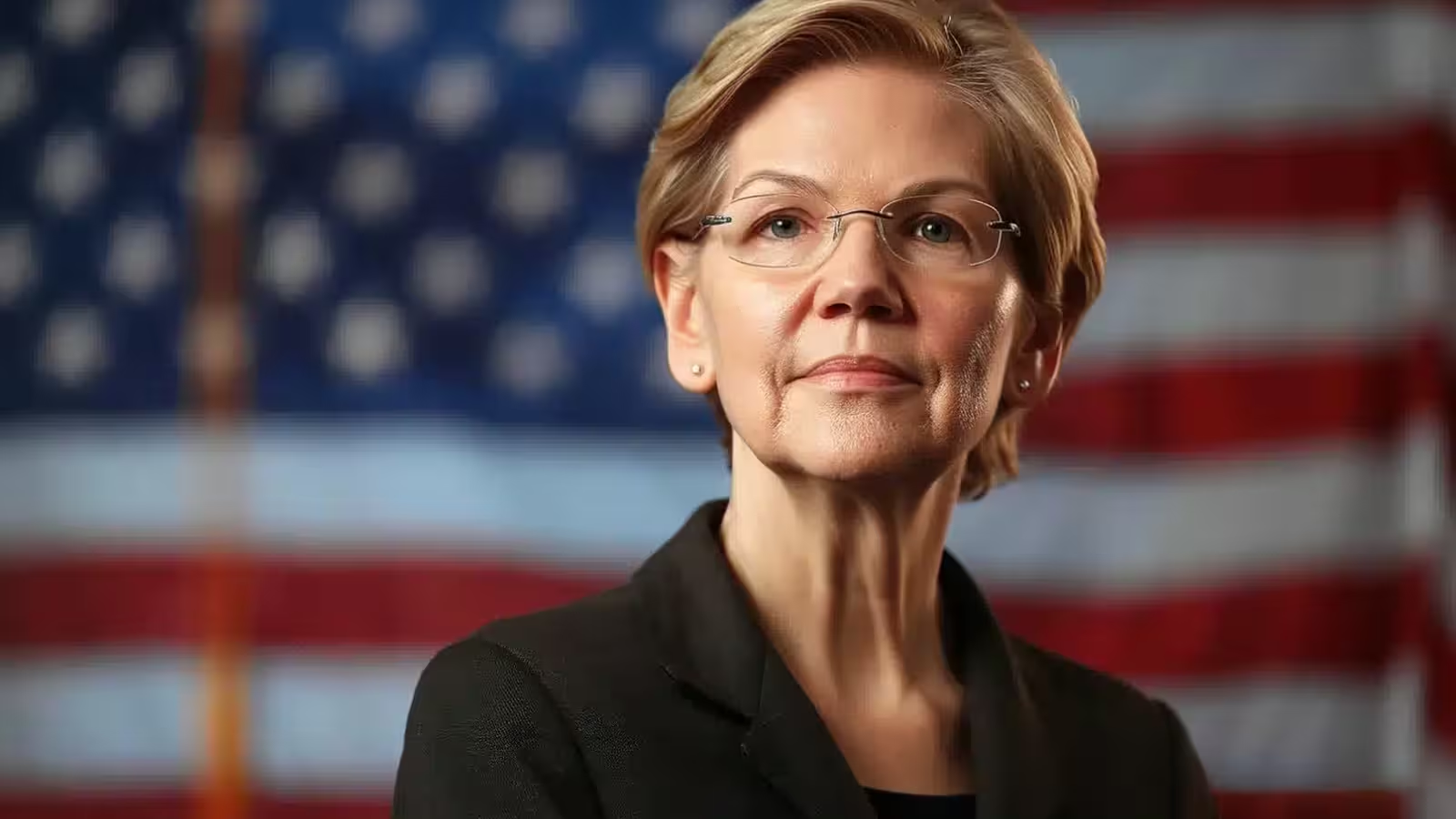5 Minutes
Sen. Elizabeth Warren sounds alarm on current crypto framework
U.S. Senator Elizabeth Warren has intensified her call for stronger cryptocurrency regulation, arguing that the current approach leaves the U.S. financial system exposed to corruption, criminal exploitation, and economic instability. In a recent MSNBC interview, Warren described the existing regulatory landscape as a "weak giveaway" shaped by industry interests rather than robust consumer protections and anti-fraud safeguards.
Why Warren says stronger rules are essential
Warren urged lawmakers to adopt tighter controls that would reduce conflicts of interest and limit opportunities for elected officials to trade or otherwise profit from digital assets. She emphasized anti-money laundering (AML) measures and stricter controls designed to keep cryptocurrencies from being used by terrorists, drug traffickers, and other bad actors. "We need strong crypto regulation, not an industry giveaway that puts our economy at risk," she said, stressing the need to make digital assets safer and more transparent for everyday users.
Where regulation stands: recent congressional progress
The senator’s comments come as Washington takes incremental steps toward regulatory clarity. In July, the U.S. House passed three notable crypto bills: the GENIUS Stablecoin Act, the Digital Asset Market Clarity (CLARITY) Act, and the Anti-CBDC Surveillance State Act. The coordinated push marked one of the first major congressional efforts to define a federal market structure for digital assets, stablecoins, and central bank digital currency (CBDC) safeguards.
Support, criticism, and the search for balance
Warren was vocal in opposing several provisions of the bills, arguing they did not go far enough to protect consumers or curb corruption. Her stance has drawn mixed reactions: critics from the industry say her tone risks stifling innovation, while some policy experts praised her for recognizing that legislation is necessary but must be strengthened.
Former SEC adviser and Paradigm executive Justin Slaughter publicly noted the significance of the senator acknowledging crypto legislation as essential, highlighting that Warren focused on improving forthcoming market-structure rules rather than outright rejecting the newly passed laws.
Concerns about political influence and President Trump’s crypto ties
Warren and other critics have pointed to President Donald Trump’s growing involvement in crypto ventures — from memecoins to firms like World Liberty Financial — as creating potential conflicts of interest. Reports indicate the president’s income tied to these ventures exceeds $57 million, raising questions about how policy decisions might be swayed to favor insiders.
Supporters of the president dispute those claims. White House spokespersons have denied any conflicts of interest, and Donald Trump Jr. has said his father maintains ownership but is insulated from direct involvement in family crypto businesses.
Why the debate matters for investors and the broader economy
Analysts warn that poorly designed regulation could inadvertently benefit industry insiders instead of protecting consumers and preserving market integrity. Proper crypto regulation must strike a delicate balance: preventing illicit finance, ensuring market transparency, and maintaining room for innovation in blockchain, digital assets, and decentralized finance (DeFi).
For retail investors and institutions alike, regulatory clarity can reduce volatility, raise consumer protections, and foster broader adoption of compliant stablecoins and tokenized assets. Conversely, weak or industry-captured rules risk amplifying systemic vulnerabilities that could have far-reaching economic consequences.
Path forward: stronger rules, greater transparency
Warren’s message is that lawmakers should not treat digital-asset policy as an industry favor. Instead, regulation should be crafted to protect consumers, guard against political and corporate corruption, and limit the use of digital assets for illegal activity. That means robust AML/Know Your Customer (KYC) standards, restrictions on trading by public officials, and clear market-structure rules that allocate authority between the SEC, CFTC, and banking regulators.
As congressional debates continue and the market watches for clearer rulemaking from regulators, stakeholders across crypto — from exchanges and stablecoin issuers to DeFi projects and institutional players — will need to engage constructively. The goal is shared: build a resilient, transparent crypto ecosystem that fosters innovation while protecting the financial system and everyday users.
What investors should watch next
Follow developments on the CLARITY Act, GENIUS stablecoin provisions, and any executive or regulatory guidance from the SEC and Treasury. Those moves will shape how exchanges, custodians, and token issuers operate and will determine whether the U.S. can balance growth in digital assets with strong consumer protections and financial-stability guardrails.
Source: crypto


Leave a Comment